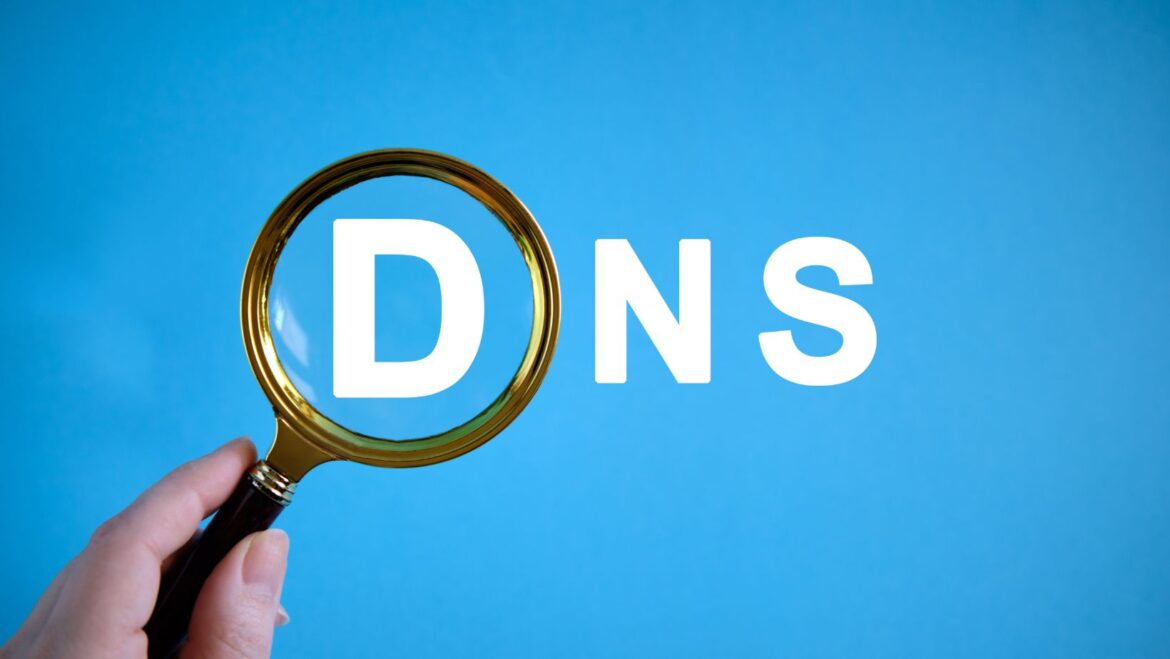Whenever you type a website address or click a link, your device quietly asks the Domain Name System for directions, translating familiar names into numerical internet addresses. However, this seemingly innocent process traditionally leaves your online activities exposed. But what if your internet journey could be free from prying eyes? This is where Private DNS steps in, offering a clever solution to encrypt your DNS queries and shield your precious online data. This article will unravel the mystery of Private DNS and illuminate its inner workings in protecting your personal information.
Unveiling Private DNS
Let’s unveil the magic of Private DNS! At its core, Private DNS is like giving your internet requests a secret cloak of invisibility. This means that pesky third parties, like your ISP, can no longer snoop on every site you visit. The real heroes behind this trick are two clever protocols: DoH and DoT .
DNS over HTTPS tucks your DNS requests inside regular web traffic, making them blend in like a chameleon, while DNS over TLS creates a dedicated, super-secure tunnel just for your DNS queries. No matter which one you choose, the outcome is the same: your browsing becomes a private conversation between your device and the internet, protecting your precious data from prying eyes.
How Private DNS Protects Your Data
Beyond just a technical upgrade, Private DNS fundamentally changes the landscape of how your data is handled on the internet’s busiest highway. Below is how it all works out.
Preventing ISP Snooping
One of Private DNS’s most exciting superpowers is its ability to send your Internet Service Provider packing when it comes to snooping. Encrypting your DNS queries ensures your ISP can’t see which websites you’re trying to visit. This significantly boosts your online anonymity. However, combining Private DNS with a residential VPN is a fantastic strategy if you genuinely want to double down on your privacy. A residential VPN routes your internet connection through a real, home-based IP address, making traffic appear from a regular user’s residence, not a data center. This adds another layer of disguise, safeguarding your DNS requests by burying them deep within an encrypted and camouflaged connection.
A residential VPN routes your internet connection through a real, home-based IP address, making traffic appear from a regular user’s residence, not a data center. This adds another layer of disguise, safeguarding your DNS requests by burying them deep within an encrypted and camouflaged connection.
Enhanced Security Against DNS-Based Attacks
Beyond its privacy prowess, Private DNS also acts as a vigilant bodyguard against nasty DNS-based attacks . Since traditional DNS queries are sent in the clear, they’re vulnerable to DNS spoofing, where attackers redirect you to malicious look-alike websites without your knowledge. With its strong encryption, Private DNS slams the door shut on these threats. It ensures that every DNS response your device receives is authentically from the server it intended to query, preventing imposters from tricking your system and keeping you safely on your intended path.
Circumventing Censorship and Geo-Restrictions
Private DNS can circumvent censorship and bypass frustrating geo-restrictions for users in certain parts of the world. Governments and local networks sometimes block access to specific websites or social media platforms based on their policies. Similarly, streaming services and other content providers might restrict site access based on your location.
You can often trick these filters by routing your DNS queries through a Private DNS server in a different region. This helps you access blocked websites and enjoy content unavailable in your area, offering a small but significant step towards a more open internet experience.
Limitations and Important Considerations
While Private DNS is a fantastic tool for enhancing privacy, it’s not without a few considerations. You might wonder if all that encryption slows things down, but rest assured, any potential performance impact from the encryption and decryption process is usually so tiny it’s practically unnoticeable. Most modern gadgets and networks embrace Private DNS with open arms, so compatibility issues are rare. However, older systems might occasionally act stubbornly. The most crucial point, however, shifts your trust since instead of your ISP seeing your DNS queries, your chosen Private DNS provider now holds that information. This makes selecting an accredited vendor with a transparent privacy policy critical since it assures your data is safe.
Most modern gadgets and networks embrace Private DNS with open arms, so compatibility issues are rare. However, older systems might occasionally act stubbornly. The most crucial point, however, shifts your trust since instead of your ISP seeing your DNS queries, your chosen Private DNS provider now holds that information. This makes selecting an accredited vendor with a transparent privacy policy critical since it assures your data is safe.
Conclusion
Private DNS isn’t just a techy buzzword but a vital guardian for your online privacy and security. Your internet service provider can peek over your shoulder, seeing every site you request, which may significantly dent your privacy. Encrypting those crucial lookup requests shields individuals from prying eyes and even helps you peek beyond digital borders.
Now that you understand its power, we highly encourage exploring and implementing Private DNS on your devices. It’s a simple yet profoundly effective way to reclaim a piece of your online autonomy. Start taking control of your private data now!






